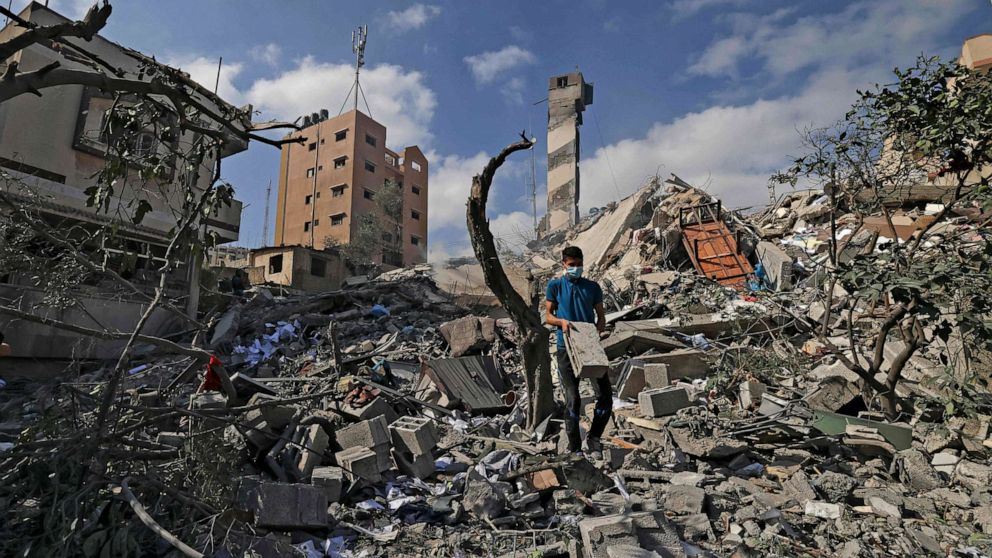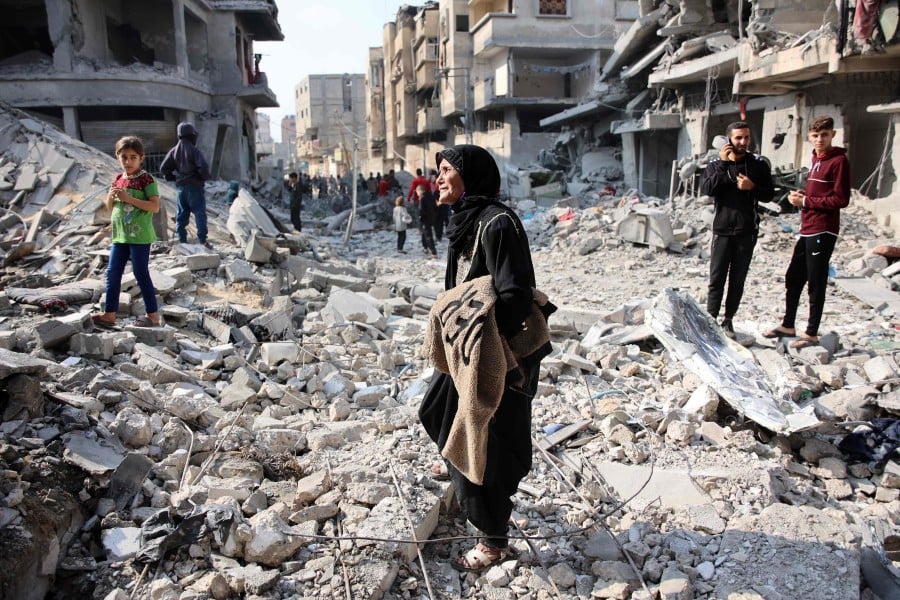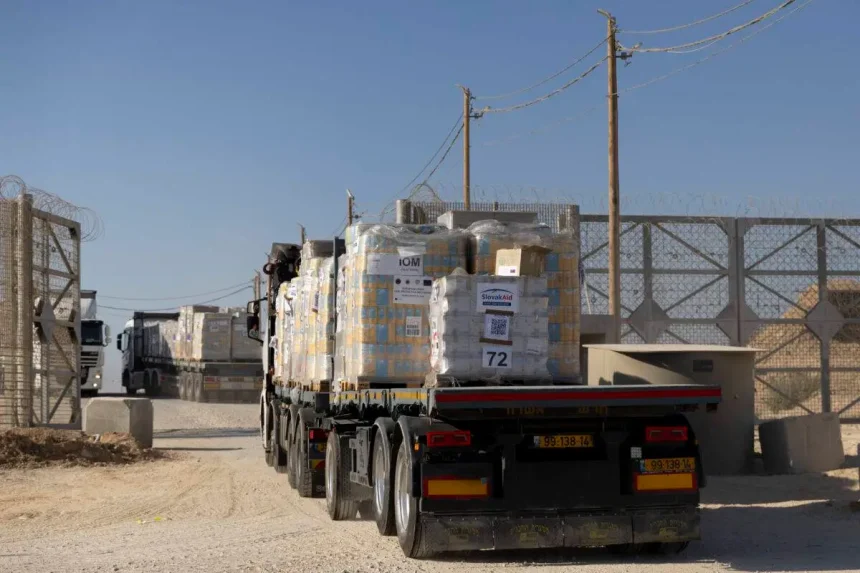Aid Groups Report Israel Misses U.S. Demands to Alleviate Gaza’s Humanitarian Crisis
Amid the ongoing conflict in Gaza, a coalition of international aid groups, including Oxfam, Save the Children, and the Norwegian Refugee Council, has accused Israel of failing to meet humanitarian benchmarks set by the United States.
These demands, outlined in a U.S. letter dated October 13, called for Israel to take specific steps within 30 days to improve aid access in Gaza. The letter warned that non-compliance could result in potential restrictions on U.S. military assistance.
In a detailed 19-page report, the aid organizations noted that not only did Israel fail to meet the U.S. requirements, but its actions had reportedly worsened conditions on the ground, particularly in the northern regions of Gaza.
Israeli forces have continued their offensive, moving deeper into Gaza and encircling hospitals and shelters, pushing thousands more civilians to flee. Israel maintains that these operations are aimed at preventing Hamas fighters from regrouping in the north, but this approach has raised grave concerns about its impact on civilians and infrastructure.
The dire humanitarian situation in Gaza recently prompted a rare public warning from global food security experts, who cautioned that parts of northern Gaza could face imminent famine without urgent intervention.

Louise Wateridge, a Senior Emergency Officer with the United Nations Relief and Works Agency (UNRWA), told reporters in Geneva that October saw a drastic reduction in aid trucks entering Gaza, with no food reaching northern Gaza for the entire month.
READ ALSO: FTX Files $1.8 Billion Lawsuit Against Binance and Former CEO Changpeng Zhao
Wateridge emphasized the escalating need for resources, stating, “The people here need everything. They need more. It’s not enough.” Her comments highlighted the insufficiency of aid supplies amidst the expanding crisis and growing death toll. She added that even if the U.S. deadline spurs action, “Anything that happens now is already too late.
Thousands and thousands of people have been killed senselessly. They have been killed because there is lack of aid, because the bombs have continued, and because we have not been able to even reach them under the rubble.”
Israel’s position on the U.S. demands was reaffirmed on Monday, with officials stating that most of the requirements had been fulfilled, while other aspects remained “under discussion,” primarily due to safety concerns.
The Israeli government also pointed to the opening of a new crossing into Gaza as a measure taken to facilitate aid. On Tuesday, the Israeli military announced that, as part of a coordinated operation, it had delivered hundreds of food and water packages to certain areas of northern Gaza.
However, despite these assurances, Washington has not yet issued an official response on whether Israel’s actions have met the specified criteria. Last week, the U.S. State Department acknowledged some progress in terms of aid access but emphasized that Israel’s efforts had yet to meaningfully improve the humanitarian situation for civilians in Gaza.
For over a month, aid groups and international officials have sounded alarms regarding Gaza’s deteriorating conditions, from displacement and shortages to the mounting toll of civilian casualties. The current U.S. pressure on Israel reflects a growing awareness in Washington that any lasting peace will require not only a military strategy but a clear humanitarian plan for Gaza’s millions of residents.
If U.S. demands continue to go unmet, and conditions worsen further, international scrutiny will likely intensify, prompting questions about the future of U.S. support and what additional actions Washington might take to ensure humanitarian priorities are met in Gaza.

With the humanitarian crisis now taking center stage in the global response to the Gaza conflict, the need for immediate, large-scale relief is urgent. Aid organizations have underscored that without a sustained and secure pathway for resources, the situation will only deteriorate, with devastating consequences for Gaza’s vulnerable population.
The coming days may prove pivotal in determining how the international community, including the United States, addresses the intersection of military action and human need in this fraught region.

